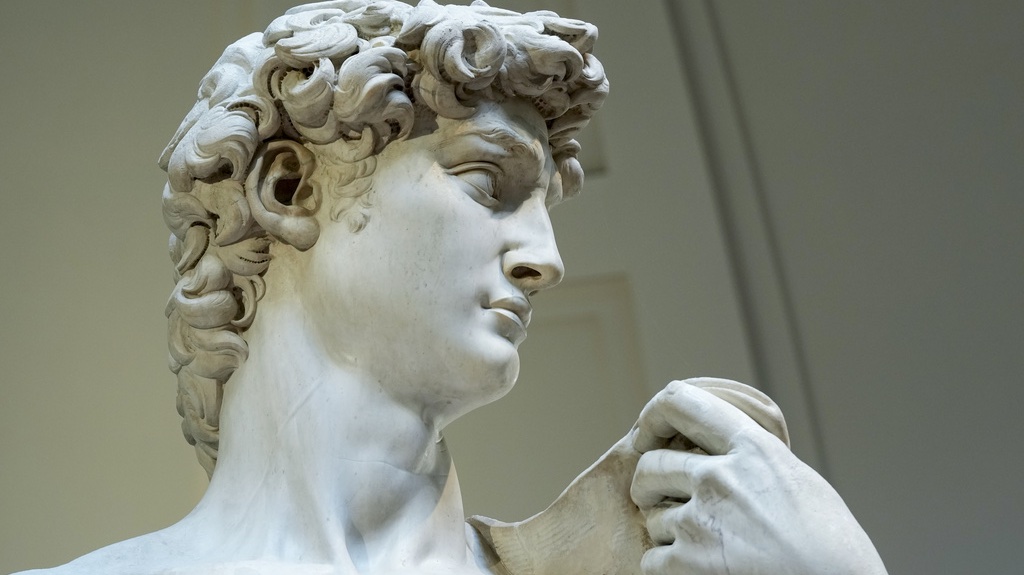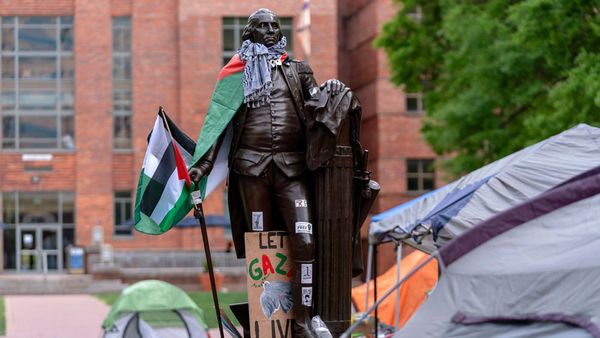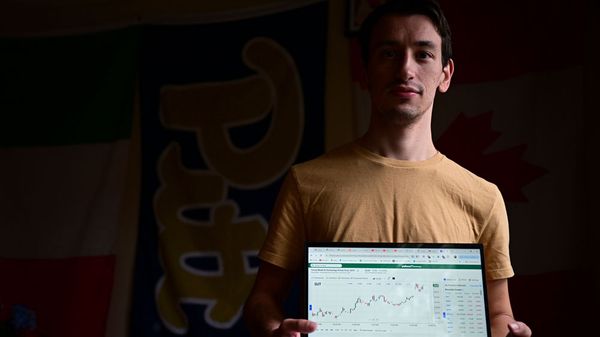February 13, 2009
Fla. jury to decide fault in smoking trial
Robert Nesti READ TIME: 3 MIN.
FORT LAUDERDALE, Fla. - A jury was asked Friday to decide if tobacco giant Philip Morris caused the lung cancer death of a four-decade smoker through deceptive and misleading practices or whether the smoker himself bore the lion's share of responsibility by failing to quit.
The six-person jury has already found that Stuart Hess was hopelessly addicted to nicotine before his 1997 death at age 55, in the first of some 8,000 similar Florida lawsuits to go to trial. And the Florida Supreme Court ruled in 2006 that Philip Morris and other tobacco companies knowingly sold dangerous products and conspired to conceal that information from the public.
Adam Trop, attorney for widow Elaine Hess, said evidence is overwhelming that Philip Morris knew for years that it sold a deadly product and worked hard to hide that knowledge through outright lies and bare-knuckled attacks on scientific studies regarding the serious health risks. And Hess didn't know the truth, Trop said.
"They didn't tell him this product they were selling could kill him in any number of ways," Trop said. "We ask you in this case to hold Philip Morris accountable for these actions."
Philip Morris attorney Kenneth Reilly replied that there was ample evidence of smoking's risks even when Hess started in the 1950s and that the Richmond, Va.-based company did not set out to harm him. Philip Morris USA is a unit of Altria Group.
"What I'm talking about is the decisions people make about whether they will or won't smoke," Reilly said.
In addition to deciding blame, the jury in this second phase of the trial must determine compensatory damages for Elaine Hess and her son and whether Philip Morris should pay punitive damages, which could run into the millions of dollars. If the answer is yes to punitive damages, that part of the case will occur next week.
Elaine Hess said her husband of 32 years tended to believe tobacco industry claims that cigarette health risks hadn't been proven and that filtered cigarettes removed dangerous compounds. It wasn't until the 1970s that he began trying to quit, around 20 years after he began smoking.
"He over and over and over again believed what they were saying," Elaine Hess testified. "He was taken in by the ads. Plus, he was addicted."
But under cross-examination by Reilly, she admitted she couldn't recall a specific conversation with her husband about the industry's tactics. "It was a general feeling," she said.
The lawsuit is among thousands of similar cases filed against tobacco companies since the Florida Supreme Court in 2006 threw out as excessive a $145 billion jury award in a class-action lawsuit. But the high court did let that jury's findings stand against tobacco companies, making them binding on the Hess case and all the others.
"They are not being disputed by Philip Morris in this case. Period. End of story," Reilly said.
Some tobacco litigation experts predict the Hess case could be the first of many costly defeats for Philip Morris and the other companies.
"It is highly likely that the tobacco companies will be forced to account for their decades-long, reprehensible history of corporate wrongdoing," said Edward L. Sweda Jr., attorney for the Tobacco Products Liability Project at Northeastern University law school.
The $145 billion damage award by a Miami jury in 2000 was the largest such punitive award in U.S. history. The original lawsuit was filed in 1994 by Miami Beach Dr. Howard Engle, a pediatrician who had smoked for decades and couldn't quit.
Engle's lawyer, Stanley Rosenblatt, was in the audience Friday for the Hess trial.
Robert Nesti can be reached at [email protected].







